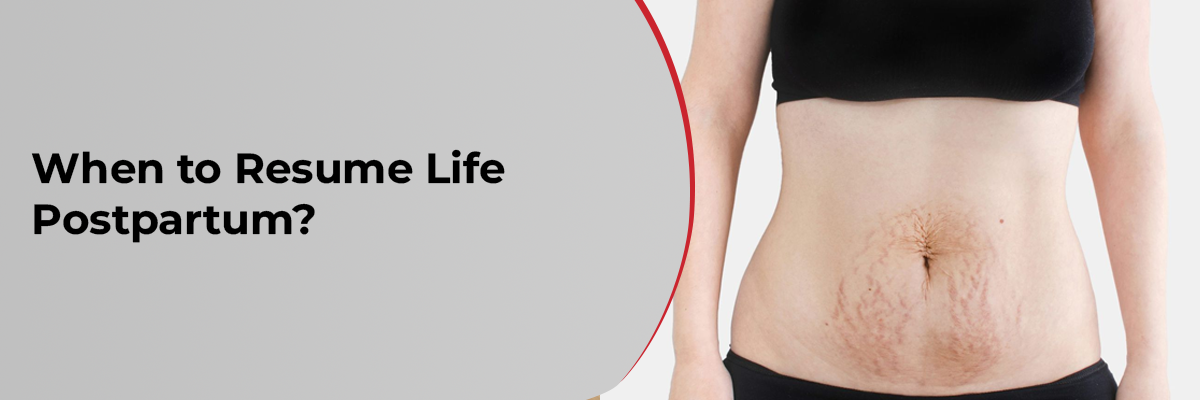
 IJCP Editorial Team
IJCP Editorial Team
When to Resume Life Postpartum?
Mothers should receive education from health professionals about postpartum care to ensure their well-being. Dr. Anjana Singh, Director and Head of Obstetrics and Gynaecology at Fortis Hospital in Noida, emphasizes the importance of postpartum visits, detecting signs and symptoms of abnormalities, preventing complications, and resuming regular routines.
The postpartum period refers to the time following delivery when maternal physiological and anatomical changes return to the non-pregnant state. During this time, women are susceptible to complications such as puerperal infections, secondary postpartum hemorrhage, urinary complications, breast complications, thromboembolic disorders, obstetric palsies, endocrine disorders, postpartum psychosis, and mood disorders.
Prevention strategies include avoiding certain practices during delivery, strengthening maternal management, and prioritizing rest and nutrition. Prompt evaluation and appropriate treatment are necessary for conditions like puerperal infections, secondary postpartum hemorrhage, and thyroid disorders.
Postpartum psychosis requires close monitoring, and preventive measures are crucial for women with a history of bipolar disorder or previous episodes of postpartum psychosis. Overall, postpartum care should encompass self-care practices and regular visits to healthcare professionals to ensure a smooth recovery and address potential complications.

IJCP Editorial Team
Comprising seasoned professionals and experts from the medical field, the IJCP editorial team is dedicated to delivering timely and accurate content and thriving to provide attention-grabbing information for the readers. What sets them apart are their diverse expertise, spanning academia, research, and clinical practice, and their dedication to upholding the highest standards of quality and integrity. With a wealth of experience and a commitment to excellence, the IJCP editorial team strives to provide valuable perspectives, the latest trends, and in-depth analyses across various medical domains, all in a way that keeps you interested and engaged.









.jpg)








.jpg)

Please login to comment on this article